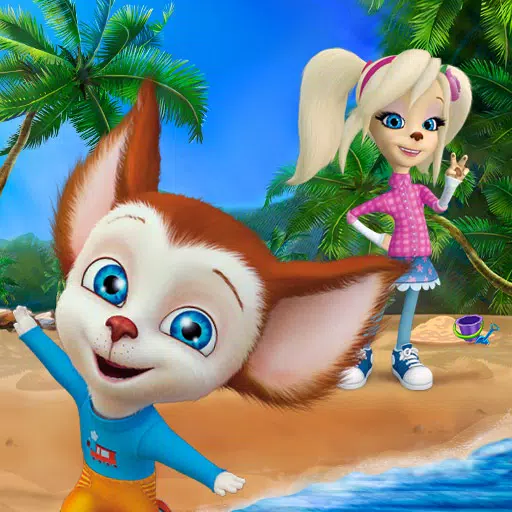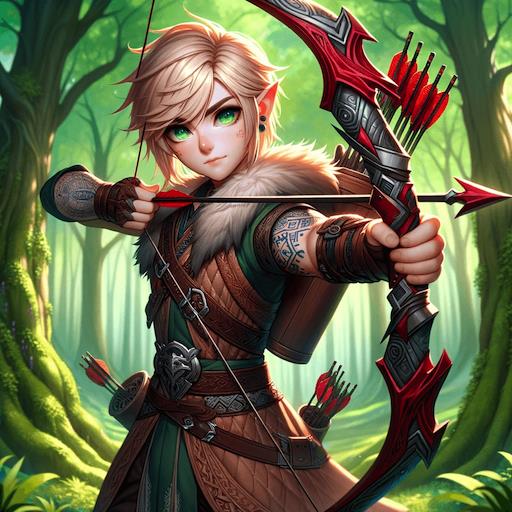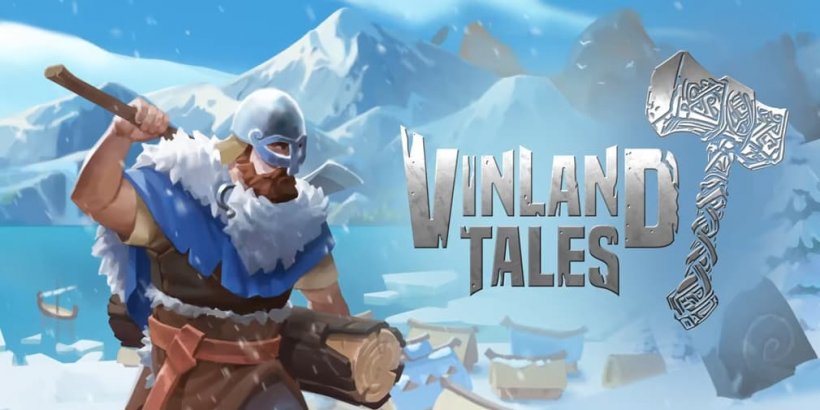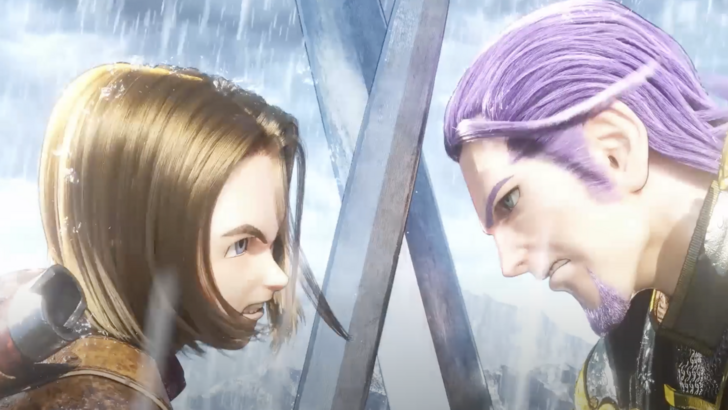Warner Brothers' decision to remove its entire catalog of original Looney Tunes shorts from HBO Max has left fans devastated. These iconic shorts, which ran from 1930 to 1969, represent a "golden age" of animation and have been instrumental in shaping the studio's legacy. The move is part of a broader strategy to focus on adult and family programming, as children's content reportedly does not attract significant viewership on the platform. This shift in priorities seems to overlook the cultural significance of the Looney Tunes series, which has been a cornerstone of entertainment for generations.
The removal of the classic shorts comes at a particularly poignant time, as HBO Max also canceled its deal with Sesame Street for new episodes at the end of 2024. Despite Sesame Street's long-standing role in childhood education since 1969, it too has fallen victim to the streamer's new focus. While some newer Looney Tunes spinoffs remain available on HBO Max, the essence of the franchise has been stripped away.
Adding to the confusion and frustration among fans, the new film "The Day the Earth Blew Up: A Looney Tunes Story" premiered in theaters on March 14. Initially commissioned by Max, the project was sold to Ketchup Entertainment following the Warner Brothers and Discovery merger. With a limited marketing budget, the film has only managed to earn slightly over $3 million at the box office during its opening weekend, despite being shown in over 2,800 theaters nationwide.
The timing of these decisions is particularly baffling given the public outcry over the handling of "Coyote Vs. Acme" last year. Warner Brothers Discovery chose not to release the completed film, citing distribution costs as too high. This decision has drawn significant criticism from the artistic community and animation enthusiasts. In February, actor Will Forte expressed his strong disapproval, calling the decision "f—king bulls—t" and stating that it made his "blood boil."
The removal of the Looney Tunes shorts from HBO Max, coupled with the mishandling of recent projects, has left many questioning Warner Brothers' commitment to preserving and promoting its rich animation heritage.
 Home
Home  Navigation
Navigation






 Latest Articles
Latest Articles



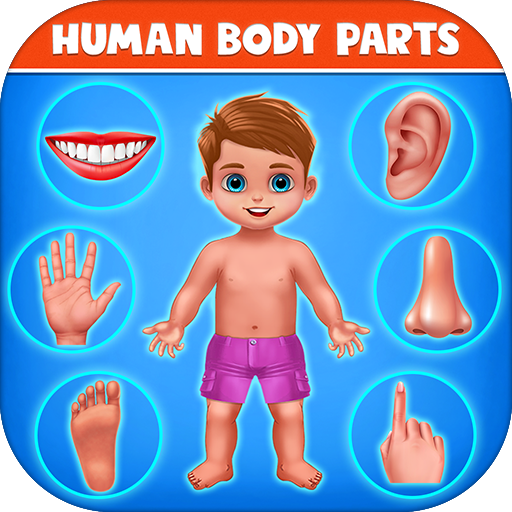




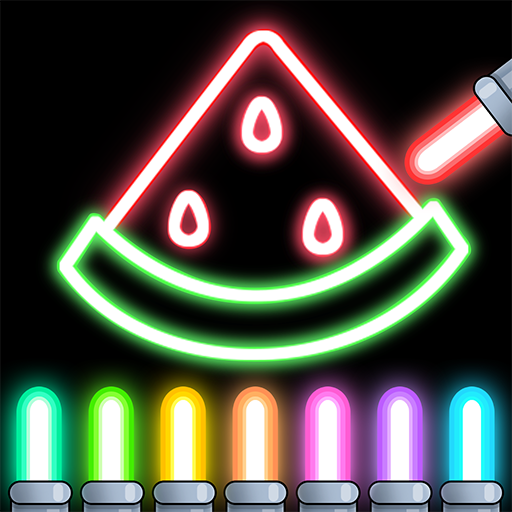
 Latest Games
Latest Games
